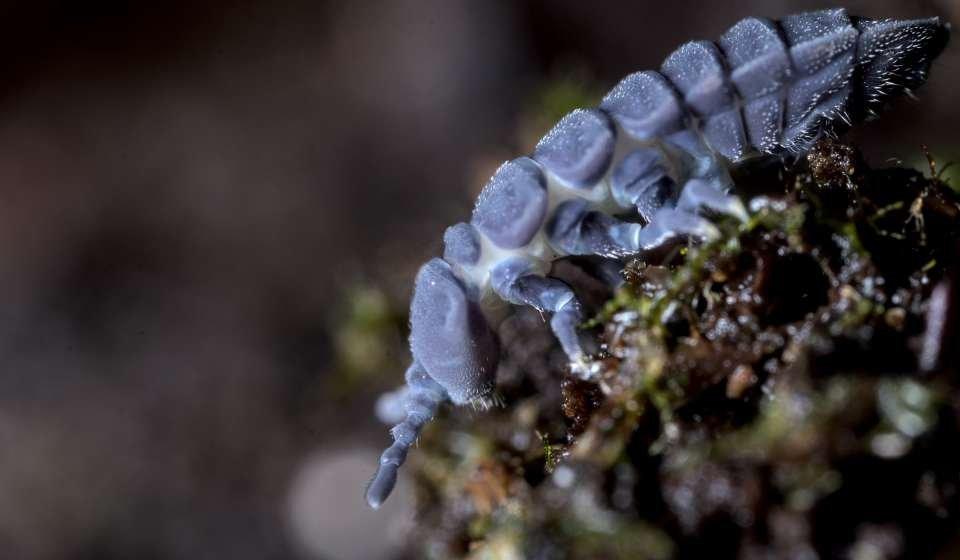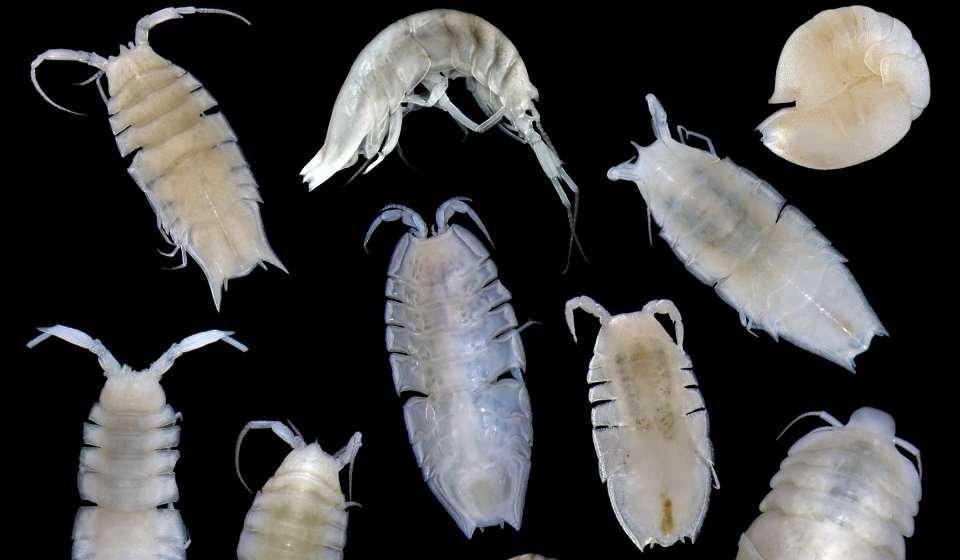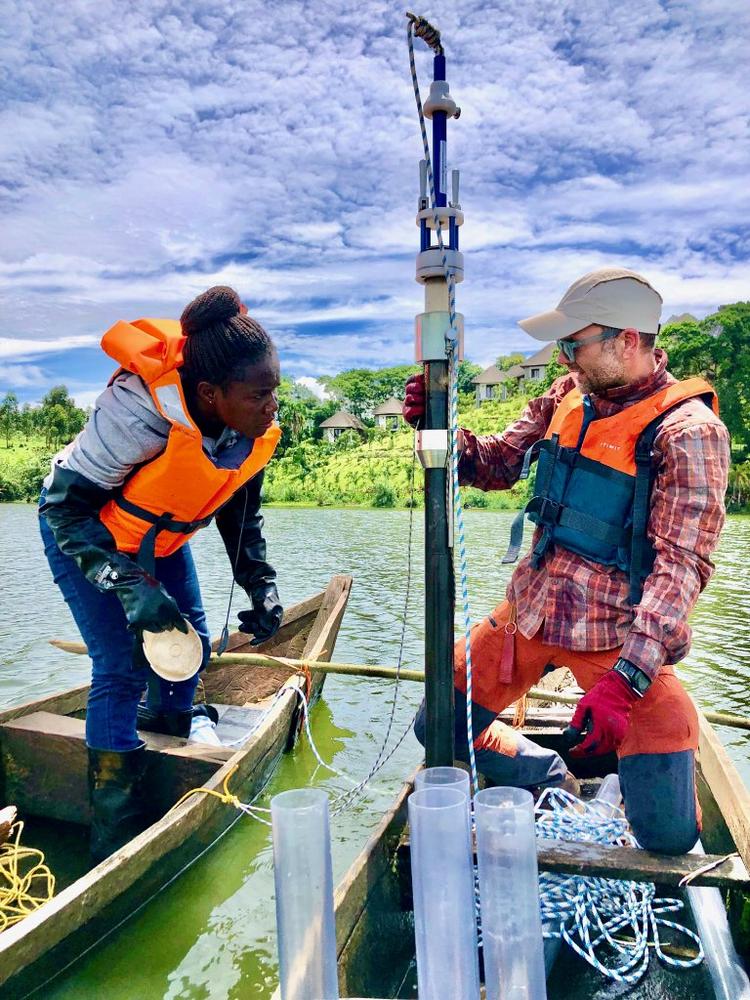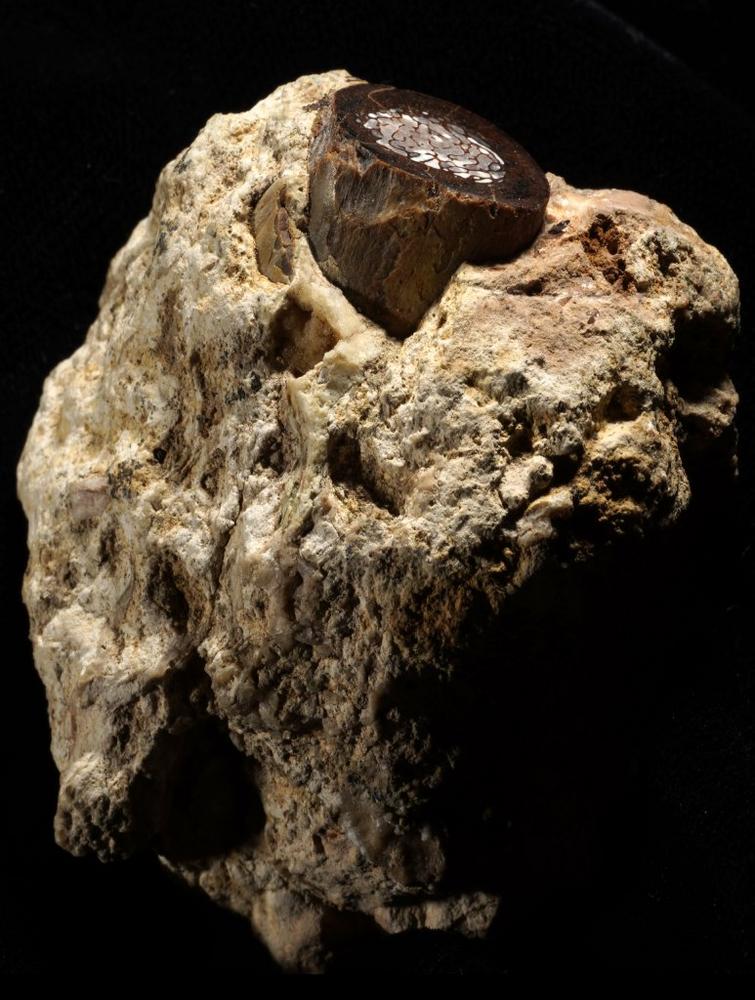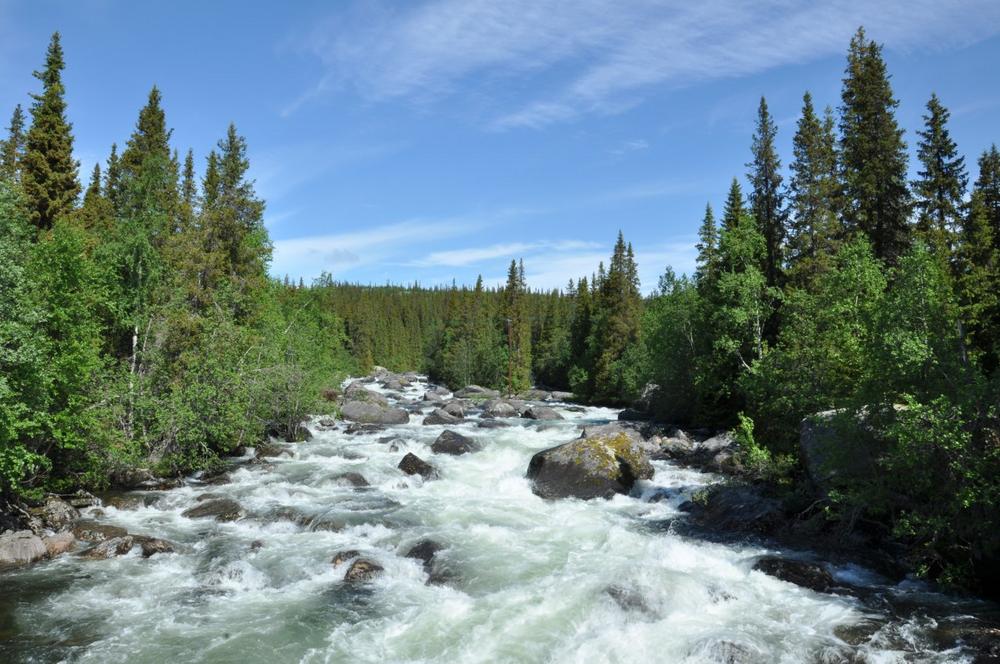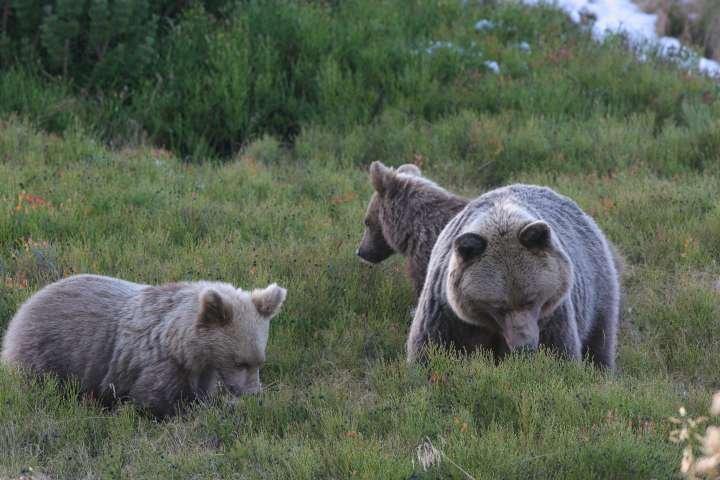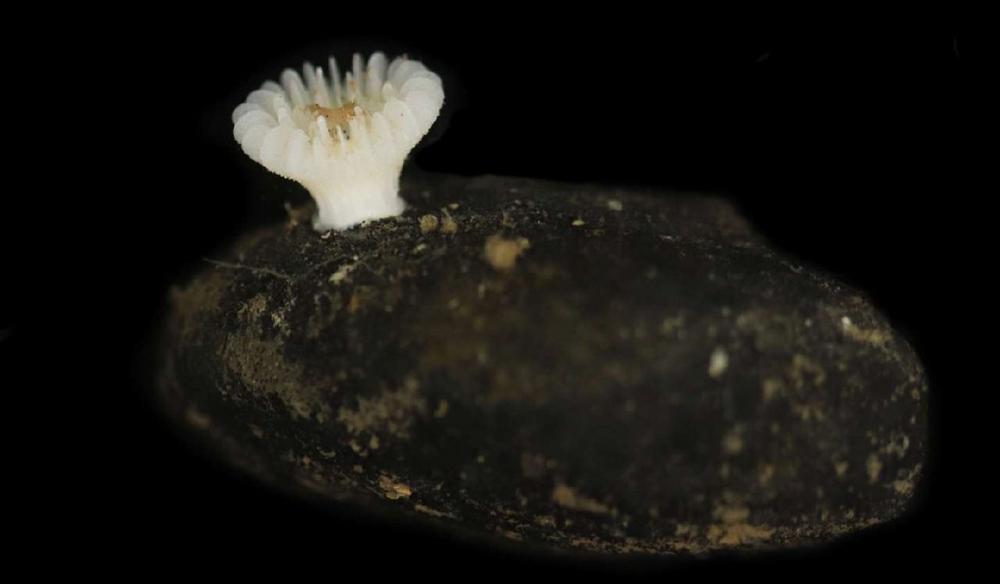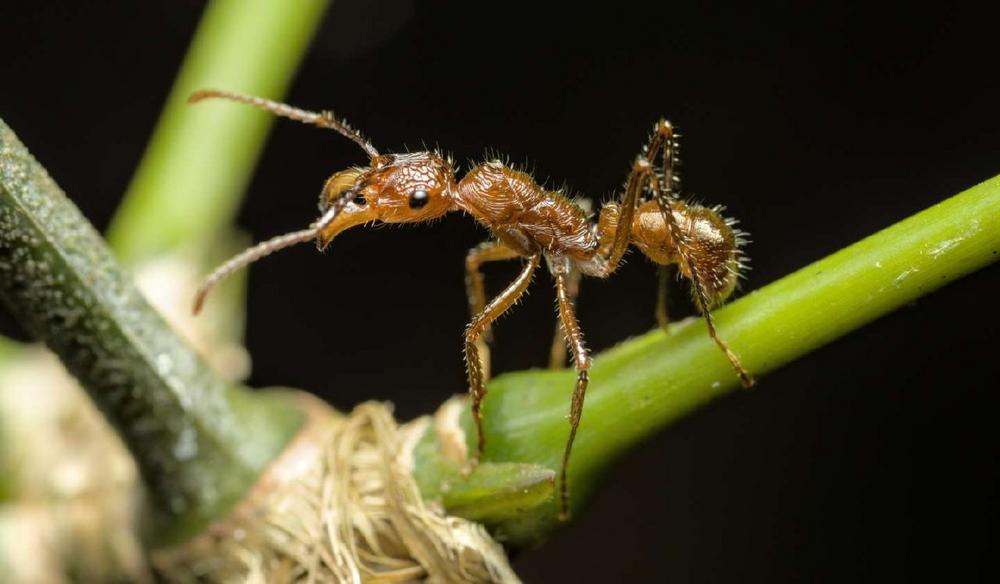Along with forests, grasslands and wetlands are also being converted to cropland and pasture at an increasing rate around the world – often for livestock farming and the export of agricultural products. An international team led by Senckenberg researchers has now analyzed for the first time where, for what purpose, and how quickly natural non-forest […]
continue reading

